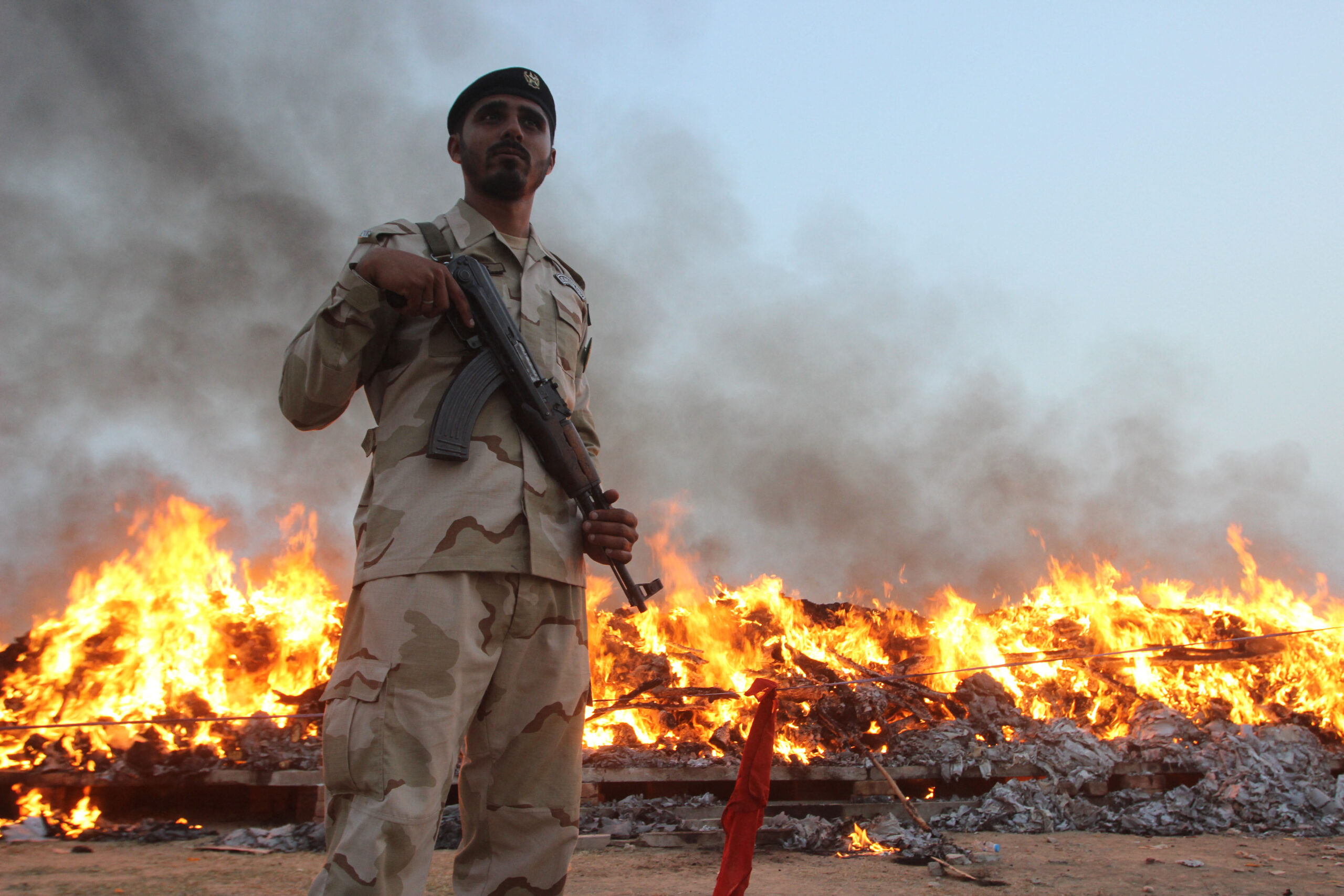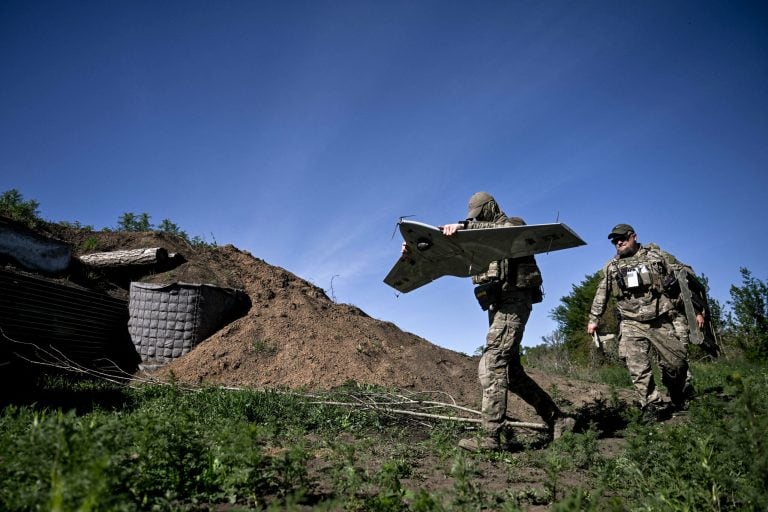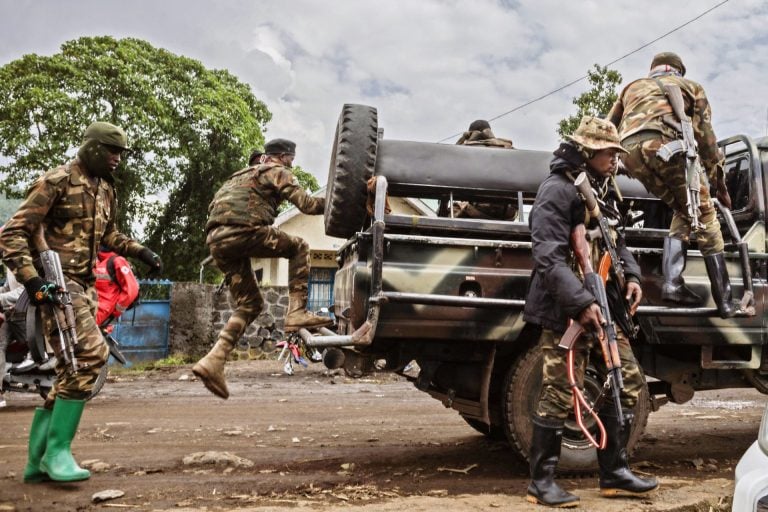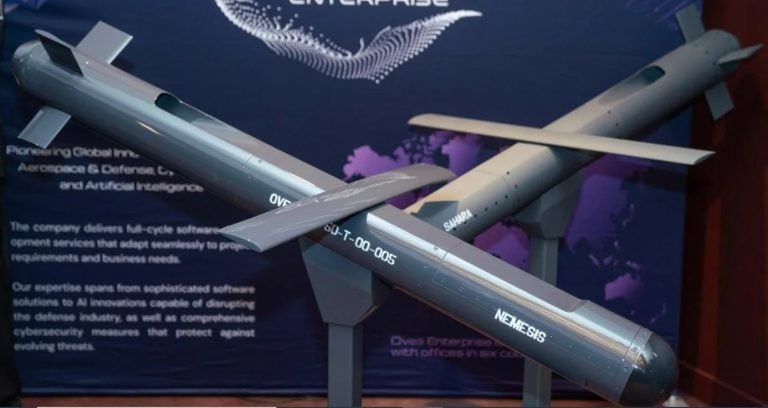A tragic incident unfolded in southwest Pakistan on Friday when an improvised explosive device (IED) detonated, killing ten laborers as they traveled to a market in Harnai district. Local government official Saleem Tareen confirmed that the laborers were specifically targeted in what has been described as an “IED blast.” Another senior government official, Shahzad Zahri, corroborated the death toll, indicating a significant loss of life from this violence.
The Harnai district, located over 160 kilometers (about 100 miles) from Quetta, the provincial capital of Balochistan, has seen a troubling increase in violence stemming from a long-standing insurgency led by separatist groups in the area. This insurgency has been particularly pronounced over the last three years, exacerbated by economic and social strife in one of Pakistan’s poorest regions.
In response to the deadly attack, Prime Minister Shehbaz Sharif expressed his commitment to addressing the issue of terrorism in Pakistan, emphasizing the need for concerted efforts to eradicate this persistent threat. Currently, no group has claimed responsibility for the attack, but attention is drawn to the Baloch Liberation Army (BLA), known for its active role in the region and for executing attacks against security personnel and civilians, particularly those from other provinces.
The BLA has a history of targeting projects with foreign investment, notably energy initiatives supported by China. The group accuses these foreign entities of exploiting local resources while neglecting the needs of indigenous communities. This sentiment has fueled tensions and violence in Balochistan, increasing the complexity of an already fragile situation.
This latest incident comes on the heels of other violent encounters in the region, including a recent ambush of a military vehicle by a large group of assailants. Earlier this month, the attack involved between 70 to 80 attackers who blocked a road, signaling an uptick in organized assaults against security forces. In January, a bombing resulted in the deaths of six individuals, including paramilitary troops, further underscoring the security challenges facing the region.
Statistically, Balochistan has been marked by one of the deadliest years in a decade for Pakistan. Last year, over 1,500 lives were lost due to various attacks, intensifying concerns regarding safety and security within the country. Analysts note that the return of the Taliban to power in Afghanistan in 2021 has resulted in a surge of violence in border regions, with Pakistan accusing the Taliban of allowing militants to operate from Afghan territory—a claim the Taliban government has denied.
Given the recent history of violence and the complexities of an insurgency that has persisted for decades, the recent loss of life in Harnai raises critical questions about security, governance, and the ongoing struggle against separatist movements in Balochistan. The incident highlights the pressing need for both national and local authorities to address the underlying issues driving conflict in this resource-rich but impoverished province.







